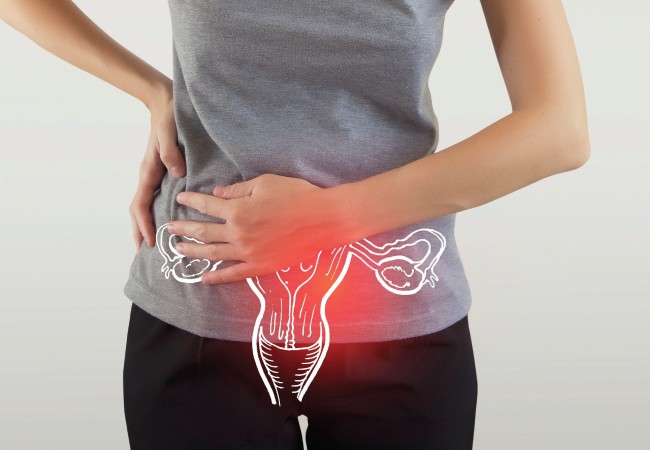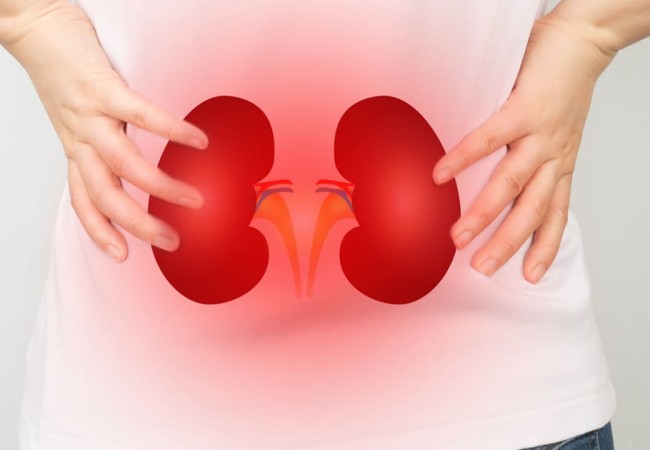Symptoms
PCOD is characterized by an interplay of hormonal imbalances, often leading to a range of symptoms. Irregular menstrual cycles, excess growth of facial and body hair, hirsutism, hair loss, no ovulation while experiencing irregular periods, and being overweight are common symptoms. PCOD is not exclusive to individuals who are overweight, even those with a lean physique can be affected. The key lies in understanding the hormonal imbalances and addressing them comprehensively.
Diagnosis and Treatment
When patients approach having PCOD concerns, our diagnosis at Ernakulam Medical Centre involves a thorough assessment of hormonal profiles through hormonal tests conducted, typically on the second day of the menstrual cycle. This ensures an understanding of the specific hormonal imbalances and allows for a targeted and personalized treatment plan. Medication plays a role in managing symptoms, but the cornerstone of PCOD treatment lies in lifestyle modifications.
● Healthy Diet
Diet plays a crucial role in managing PCOD. An essential component is adopting a low carbohydrate diet focusing on incorporating more vegetables and fruits. High-fiber foods, which include spinach, banana stems, banana flowers, and local Kerala dishes like Aviyal are recommended to enhance overall fiber intake. Dietary choices significantly impact hormonal balance, and a thoughtful, healthy diet can contribute to the holistic management of PCOD.


Kidney diseases, a critical concern in today's fast-paced world, come in two main forms - sudden kidney failure and chronic kidney failure. It is important to delve into the intricacies of these conditions, exploring their causes and, more importantly, ho

In the realm of women's health, Polycystic Ovarian Disease (PCOD) stands out as a prevalent concern affecting women across various age groups, from teenagers to those in their thirties. This syndrome of diseases, based on hormonal imbalances, manifests th